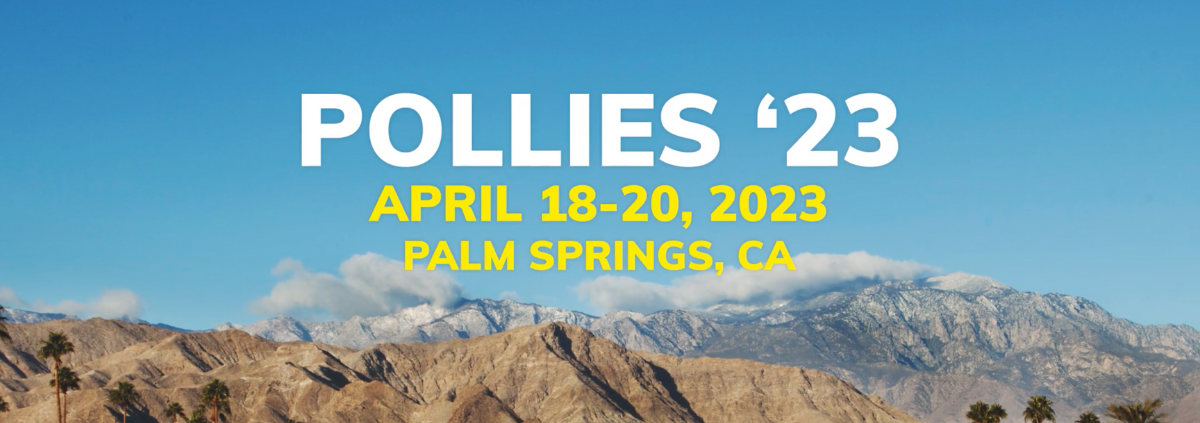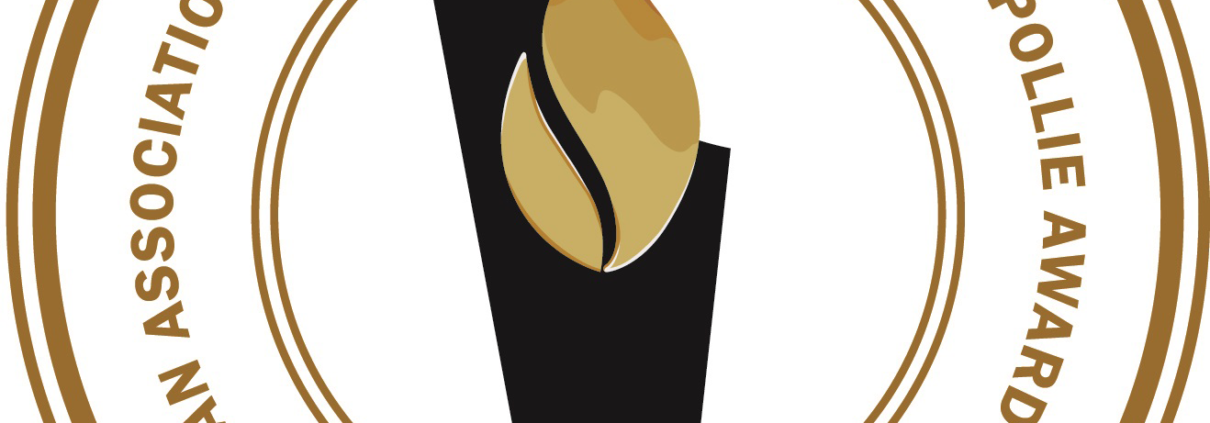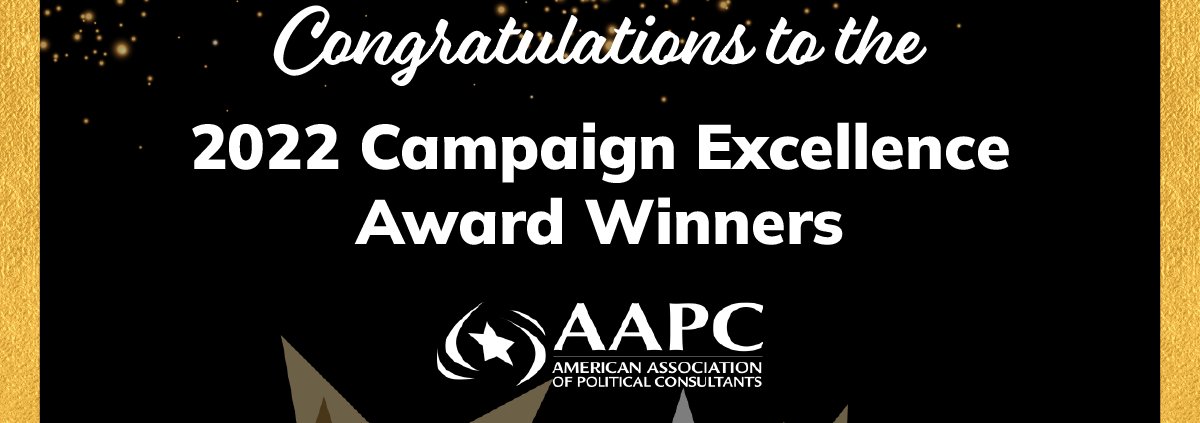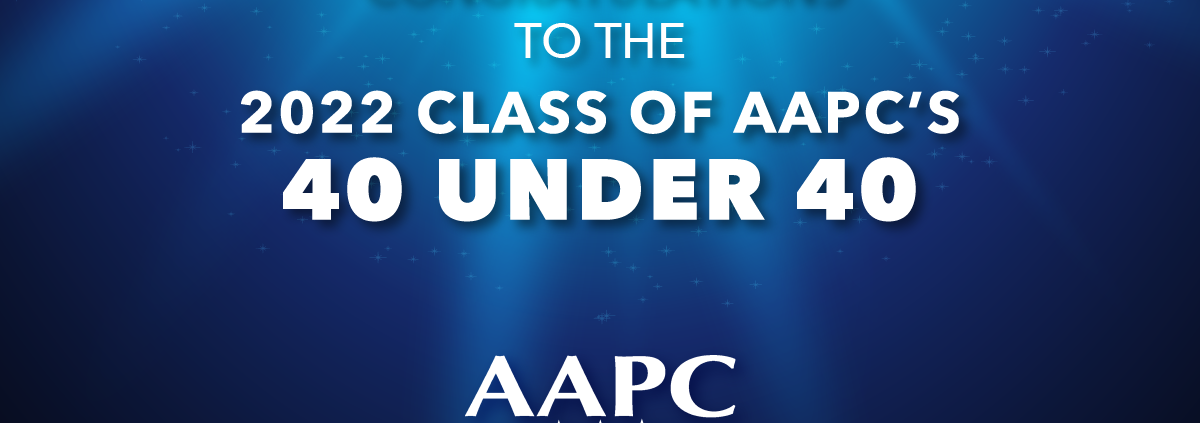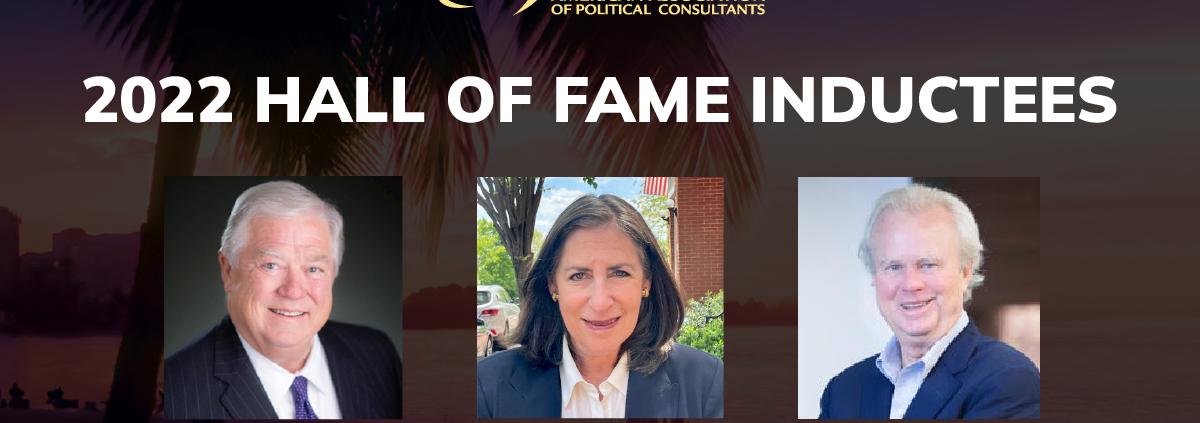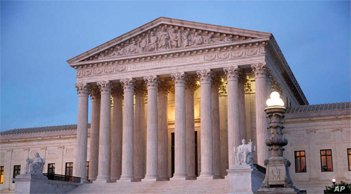Richard “Rick” G. Reed, 69, a veteran political ad maker, who served as a chief strategist for the influential 2004 “Swift Boat Veterans for Truth” campaign, ad maker for the John McCain 2000 presidential campaign and the President Donald Trump’s 2016 campaign and who also helped put numerous Republican senators and governors in office, died of heart failure Aug. 17 at his home in Alexandria, Va.
Unlike many of his ilk, who eventually evolve into some vague definition of consulting, Mr. Reed continued to write scripts and produce ads throughout his professional career. His longtime firm—Stevens, Reed, Curcio & Potholm—was said to have been among the top Republican political advertising firms in the nation.
In a statement, former client Senator Peter Fitzgerald of Illinois said: “Rick was an exceptional talent and a gifted ad maker. In my case, he took a very young, virtual neophyte, and vaulted him into a U.S. Senate seat. His dry wit and contagious sense of humor made campaigning fun, and his clients loved him.”
Along with Senator Fitzgerald, Mr. Reed’s long track record of working on successful political campaigns includes clients Senator John Warner (R-VA), Senator John McCain (R-AZ), Senator Lindsey Graham (R-SC), Senator George Allen (R-VA), Governor John Rowland (R-CT), Governor Lincoln Almond, Congressman Tom Davis, the Republican National Committee, Sgt. Andrew Tahmooressi, a U.S. Marine combat veteran held in a Mexican jail for eight months, and many others.
Among some of the losses, was Mitt Romney’s senate campaign against Ted Kennedy – but an opportunity which Mr. Reed relished, as he and Romney remained friends.
Mr. Reed’s greatest political legacy is undoubtably his most controversial, as co-creator of the “Swift Boat” ads in the 2004 Presidential election against Democratic Nominee, John Kerry.
Mr. Reed attended the group’s press conference and was surprised it didn’t garner more coverage. “I thought those guys had a great story that needed to get out,” Reed said in a 2004 interview with the National Review. But the media wasn’t biting. So, the tactic was to go straight to the voter.
“The thing that struck me was that these people were not political people. . . They probably had no idea that this would really shake up the political process. You could have produced an ad based on the first press conference. Their inexperience gave them veracity. These people were the real deal. We wanted them to speak for themselves. Those people were credible.” (Reed, 2004, Interview with Patrick Devlin for the American Behavioral Scientist)
Mr. Reed teamed up with consultant Chris LaCivita and assembled 30 veterans with close connections to Kerry.
Unlike most well-funded Super PACs, they had to scrounge together $500,000 for the initial media buy. But using talk radio and the internet as their megaphone, the “Swifties” raised $19M for nine ads, most scripted by Mr. Reed, in 10 battleground states.
The ads used Kerry’s own words against him and let the veterans speak for themselves. A poll by Public Opinion Strategies showed that 75% recalled the Swift Boat ads. Even Kerry ad maker, Bill Knapp, admitted grudgingly, “That is a big bang for its demagogic buck.”
Mr. Reed was born in Wakefield, Mass. and at the age of 10 his family moved to the small beach town of Chatham, Mass. on Cape Cod, and graduated from Franklin & Marshall College, later receiving an MPA from Harvard’s Kennedy School of Government. After college, Mr. Reed began earning his political stripes doing advance work in Florida on the 1976 Ronald Reagan campaign against Gerald Ford.
He went on to work for several of the leading Republican consultants including the now infamous Black, Manafort and Stone where he worked on the convention operation for Prescott Bush in Connecticut and did media relations for Tom Evans in Delaware.
In 1979, Rick began a four-year tenure associated with U.S. Senator Gordon Humphrey of New Hampshire. He was Executive Director of the Northeast Conservative Political Action Committee (NECPAC), as well as President of the New England Institute of Political Research (NEIPR).
It was in those early career days that Mr. Reed found himself fortunate enough to link up with legendary GOP pollster Arthur Finkelstein, whom he from then on named his greatest influence and mentor, collaborating with him on behalf of Jack Eckard in Florida and Patrick Henry on Long Island, NY.
“On a practical level, he taught a lot of people about ‘wing’ candidacies and how the conservative activists on the Republican side were the ones who controlled the nominating process,” Reed told Roll Call in 2003 in an interview about Arthur Finkelstein. “He’s not one to spend a lot of time trying to curry favor with the party hierarchy, and that is not necessarily a bad thing.”
“It was Arthur Finkelstein that pushed him to think outside the box,” said Reed’s daughter Mackey Reed, an ad strategist at the Democratic political consulting and public affairs firm SKDK. “Think like a voter, not a consultant, not a candidate. You have 30 seconds to drive an emotion. He quoted Arthur his entire career.”
It was that way of thinking that made the Swift Boat campaign a success – and brought Mr. Reed to Donald Trump.
“In 2015, no one thought Trump had a chance,” said Tony Fabrizio, another Finkelstein protégé and Trump pollster, said in a statement, “But Rick understood the changes within the GOP and understood Trump’s message and appeal. His ads guided Trump through that gauntlet of a primary to the GOP nomination.”
Mr. Reed credited his ad career to his friend and mentor, Greg Stevens, who died of brain cancer in 2006. In a family interview conducted by his daughter, Carly, on May 30, 2022, Mr. Reed stated, “Well my best boss was Greg Stevens who was a good friend and neighbor before he asked me to join him as a partner. Years earlier, during the 1988 presidential campaign, I had told him I would love to work for him. I drafted a script and sent it to him…it was about how filthy Boston Harbor was and proof that Michael Dukakis didn’t really care about the environment to the extent he claimed. My thinking was swing voters…especially suburban, college educated women, needed to be reminded that Dukakis was a failure in that regard. Greg sent my concept to his then partner, Roger Ailes, and it became an ad.”
Along the way, Mr. Reed served as the political editor of the White House Bulletin and also as a Vice President of Market Opinion Research. Rick was a Deputy Director at the National Republican Senatorial Committee, where he oversaw the Committee’s political activities in 12 states and set up an innovative survey tracking system used in 18 states.
At the NRSC, Mr. Reed was well known for office pranks and his knack for impersonations, “In 1983, Rick was with the Senate Committee and I was with the Reagan re-elect,” recalled good friend Laurance Gay. “Senator Lugar was the Committee Chair. One Saturday Rick went out for his usual jog. The phone rang and it was Senate Lugar looking for Rick. He [Lugar] was not happy at all with me not knowing where Rick was and I didn’t want to tell him he was out for a run. Anyway, Lugar hung up on me. Rick walked in about 10 minutes later and I broke the news about the Senator not being happy and looking for him. At that moment, Rick burst out laughing and finally told me it was him calling from the corner bodega pretending to be Lugar!”
“Oh, Rick was always up to something,” said his wife Gayla Reed of 37 years. The two met working at the NRSC for Mitch Daniels. “”He was the funniest, smartest guy in the office. His lighthearted humor was infectious. Everyone loved him for it. I loved him for it. It was a quality he maintained throughout his life.”
Mr. Reed’s sense of humor was a common thread in interviews, “His great intellect, unwavering integrity and dry wit was rare in the political media consulting world, and it was a winning combination,” said Robin Roberts, National Media.
“I was blessed to have Rick in my world for over 40 years. He was the real friend in the truest sense of the word,” wrote Jim Murphy, Integrated Strategy Group. “Professionally, he had an uncanny creative streak and brilliant mind, although he would deny having either. Personally, his humor and humility made him a joy to be around.”
“Reminiscing about Rick Reed has me crying and laughing at the same time. He had an uncanny level of wit, humor and of course, was a consummate professional. He maintained a level of integrity in all that he did,” said Gay.
Mr. Reed leaves behind his wife, Gayla Gillis Reed and three children, Mackey Reed (Stephen Shaw), Gardner Reed (Nick Calamare), and Carly Reed (Caleb Herbert). He was immensely proud of his family as they were of him.
When asked on March 22, 2022 what made him the happiest, Mr. Reed had three answers, “I am happiest when I am with my family and know what everyone else is happy. Life has its ups and downs so I understand that none of us are happy every single minute of every day. After that,” Mr. Reed added, “being busy and productive at work; seeing that my work is making an impact on election results is a good feeling. And helping others when I can makes me happy…even those I don’t know at all. I don’t spend as much time on this as I should.”
An “ad guy” in the truest sense Rick Reed loved politics and loved writing ads. “On one of the McCain campaigns, Rick was always in the edit suite perfecting the tv spots, usually late into the night,” said long time McCain adviser and friend Rick Davis. “One night we were under pressure to get a spot to stations and I brought dinner to Rick to push him to finish and after some time Rick looked over at me and said “Buddy, you can’t rush history”. He was right…and wrote his own chapter in political history.”
 Recent job postings
Recent job postings

